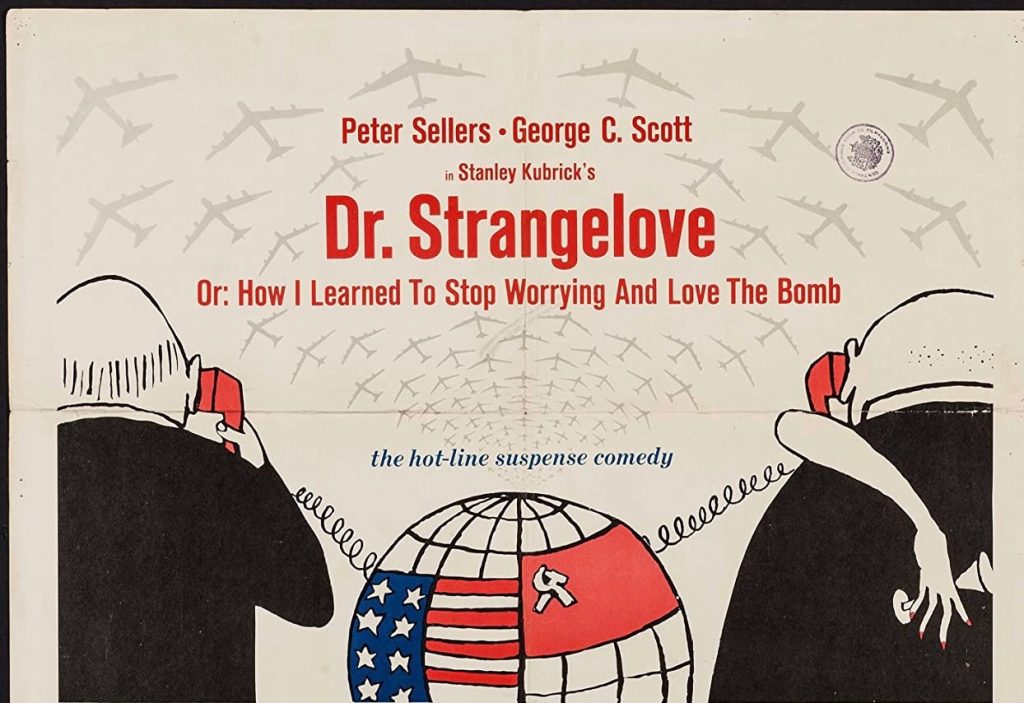
Tuesday, March 30
Yesterday I got the car’s oil changed, even though it has traveled only 2,000 miles since the last oil change in the summer. (With the synthetic oil now used, one needs to change the oil only every 6,000 miles.)
On Sunday, I cooked a not-so-difficult but very time-consuming ropa vieja, a Latin recipe that involves “flank steak braised with vegetables and aromatics until it shreds into strands.” That lasts for a while, so we’ll have more of it tonight.
This morning, I took steps to formally recognize spring: I moved both the heavy sack of snow-melting rock salt and the snow shovel to the basement. Then I went so far as to carry the Weber charcoal grill back upstairs. These days, it stays light long enough to allow grilling of chops for the evening meal. Next week, maybe.
Anticipating reading Kazuo Ishiguro’s new novel, I recently finished his earlier classic The Remains of the Day. Such an odd book, but I suppose this close examination of the classic figure of the English butler allowed the author to probe elements of the national personality and to consider the state of the nation in the immediate post-World War II years. Stevens is, of course, an obsessive personality fixated on addressing the every need of his “gentleman.” His self-sacrifice takes a toll not only upon himself but also on others who care about him, notably the housekeeper, Miss Kenton.
I found one small scene particularly penetrating. While his boss is away on a trip to America, Stevens borrows the man’s automobile for a tour of the English countryside, as the master has encouraged him to do. Normally so in command of every aspect of his surroundings at Darlington Hall, Stevens makes a couple of thoughtless blunders involving the car. At one point, he runs out of gas—maybe he never realized that he’d have to add more. In any case, he is far from any town and wanders a bit through muddy fields before finding a bed for the night at the home of an accommodating farmer.
Then, during a simple dinner of broth and crusty bread, more and more of the farmer’s neighbors just happen to drop by. The whole village seems to be aware of Stevens’ “mishap,” and given that very little happens in the village of Moscombe, many are hugely curious to take a look at this exotic visitor. Following some conversation about the concept of dignity, the rights of Englishmen, wartime sacrifices, and speculation that the imposing Stevens might just be a member of Parliament, he’s asked if he has ever met Mr. Churchill. Yes, Stevens admits, Churchill did come to the house on a number of occasions. The locals are suitably impressed—although that was never the effect that Stevens intended.
I think that with this scene, the author is reminding us that as late as the mid-1950s there were very isolated pockets within England. “We can go year in and year out and never even lay eyes on a real gentleman,” says one of the villagers. Radio sets were still quite expensive, and in many places home visitations or an evening at the pub were how people chose to spend their leisure hours.
Stevens is able to clear up matters a bit the next morning, when the local doctor gives him a lift back to his motorcar. The physician susses out that Stevens must be “a manservant of some sort,” then allows that Stevens is “a pretty impressive specimen” whom the locals could easily take for “at least a lord or a duke.” But Stevens himself has no such illusions, and recalls one instance in which his boss and some aristocratic pals put Stevens in his place with a number of difficult questions about the economy and foreign affairs. There will always be an England, it seems, and probably always a rigidly stratified class system in the green and pleasant land.
Dinner: leftover ropa vieja accompanied by pasta with goat cheese and a green salad.
Entertainment: We are depleting the streaming video offerings. So we’ll give a try with Hulu’s Out of Blue and perhaps old episodes of the Idris Elba policier Luther. Then there’s the heartwarming Netflix reality show Dogs, in which canines demonstrate their usefulness on a variety of fronts.

